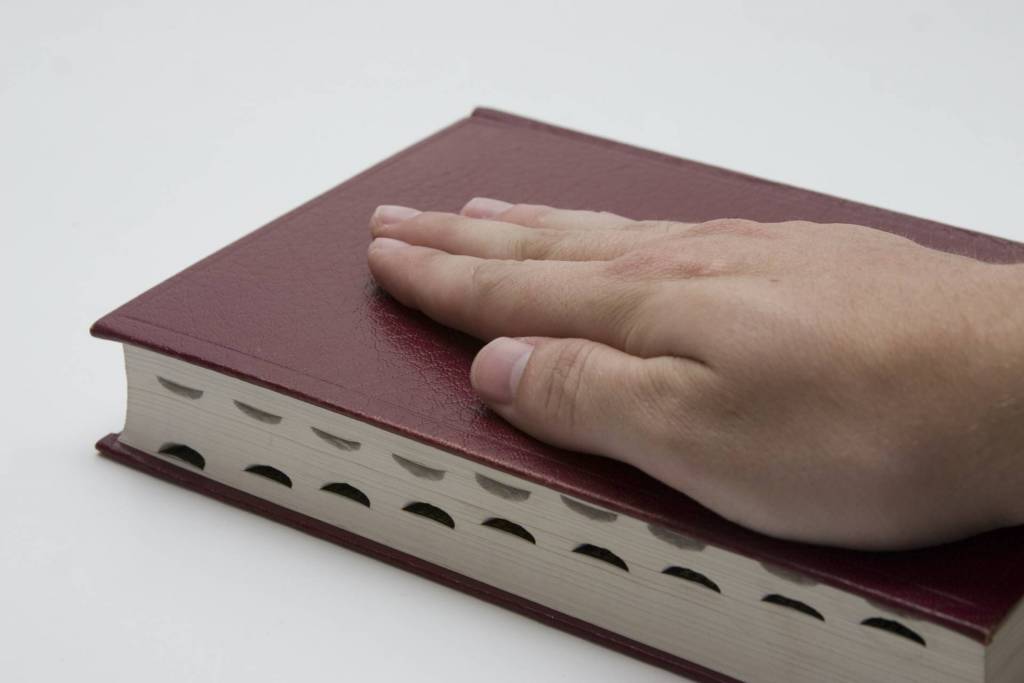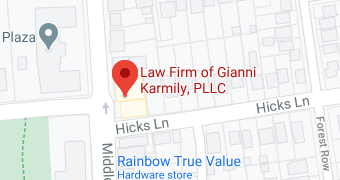It is a crime in New York to enter a building or a property that belongs to someone else without the owner’s permission. If you are charged with trespassing in Nassau County, Suffolk County, or New York City, you must contact a Nassau County trespassing attorney immediately.
What is New York’s trespassing law? If you are charged with trespassing in this state, what are your rights and options? What steps should you take? What are the penalties for a trespassing conviction, and how can you effectively defend yourself against a trespassing charge?
If you’ll continue reading this short introduction to New York’s trespassing laws, these questions will be answered, and you’ll also find out how a Nassau County trespassing lawyer will handle your trespassing case, develop an effective defense strategy, and fight for justice on your behalf.
What Is New York’s Trespassing Law?
The law simply reads, “A person is guilty of trespass when he knowingly enters or remains unlawfully in or upon premises.” It may not seem like a serious crime if nothing is stolen and if no one is hurt, but a conviction for trespassing could negatively impact the rest of your life.
When someone is placed under arrest for trespassing, the police will search that person. If the person is in possession of a weapon, illegal drugs, or any other contraband, more charges are likely.
In order to convict you of a trespassing charge, a prosecutor must prove beyond a reasonable doubt that you entered or remained on another person’s private property and that you did so intentionally.
When Is Trespassing Not a Crime?
“Simple” trespassing is considered a violation and not a crime in this state. A conviction for simple trespassing may be penalized with a fine of $250 or up to fifteen days in jail. However, depending on the details of the incident, a trespassing charge may be far more serious.
When Is Trespassing a Misdemeanor?
Criminal trespass in the third degree is a Class B misdemeanor punishable upon conviction with up to ninety days in jail and a fine of up to $500. Criminal trespass in the third degree is the charge when someone intentionally enters or illegally stays in a building or on a property that is:
- enclosed or fenced to exclude intruders
- a secondary or elementary school or an overnight camp for children
- public housing, and entering or remaining contravenes the posted rules
- public housing after a public housing police officer has told the individual to leave
- a railroad zone with posted “no trespassing” warnings
Criminal trespass in the second degree is a Class A misdemeanor that may be penalized on conviction with up to one year in jail and a fine of up to $1,000. Criminal trespass in the third degree is the charge when someone:
- intentionally enters or illegally remains in a dwelling (a home or anywhere people may lodge overnight)
- is a Level 2 or 3 registered sex offender and trespasses at a school where one of his or her victims attends or is registered
When Is Trespassing a Felony?
Criminal trespass in the first degree is a Class D felony. A conviction may be penalized with up to seven years in prison, even for a first offense. Criminal trespass in the first degree is the charge when someone intentionally enters or illegally remains in a building and that person:
- carries a deadly weapon, explosive, or firearm and ammunition
- knows that an accomplice carries a deadly weapon, explosive, or firearm and ammunition
Anyone who is arrested in New York for trespassing and who is found to be in possession of a deadly weapon will also probably be charged under this state’s weapons laws.
New York’s trespassing laws are complicated, so if you face a trespassing charge on Long Island or in New York City, you must be advised and represented by a Nassau County trespassing attorney who will develop an effective defense strategy on your behalf.
How Will Your Attorney Defend You Against Trespassing Charges?
In order to be convicted of trespassing in New York, you had to trespass onto someone’s private property knowingly and intentionally. Lack of intent is a common defense against trespassing charges. In your defense against a trespassing charge, your lawyer may also try to prove:
- that you were not in violation of a request to leave the property
- that you did not know someone who was with you was carrying a deadly weapon, explosive, or firearm and ammunition
The justification or “necessity” defense may be offered when a person, through no fault of his or her own, trespasses to avoid harm. If an aggressive dog chased you and you ran into someone’s garage, for example, your lawyer can argue that your behavior was necessary and justified.
Another defense against a trespassing charge is a “claim of right” where a defendant claims that he or she had the legal right to enter and remain on the premises. Several other defenses against trespassing charges include:
- Fabrication: The claim that no trespassing happened and the charge is fabricated.
- Misidentification: The claim that another person committed the trespass.
If You Are Charged With Trespassing
If you’re placed under arrest and charged with trespassing on Long Island or in New York City:
- Be cooperative and do not resist the police in any way, but exercise your rights.
- Decline politely to answer any questions and ask to speak to a lawyer.
- Do not sign any documents, and don’t try negotiating with a prosecutor or the police.
- Contact a Nassau County trespassing lawyer as soon as you can.
Your attorney will closely examine any evidence from the alleged crime scene, interrogate any witnesses, and determine what happened. Then your defense attorney will take aggressive and effective action to bring the case against you to its best possible outcome.
Everyone who is accused of a crime has the right to a lawyer’s advice and services. Do not let a trespassing conviction interfere with your life, your loved ones, or your future. If you are charged with trespassing in this state, speak to a Nassau County defense attorney as quickly as possible.












